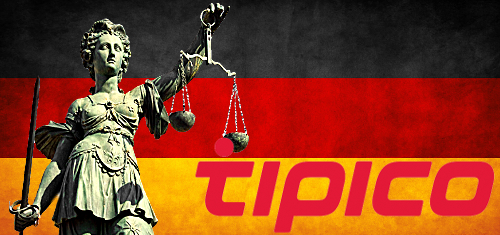 A German court has thrown a wrench into the federal government’s latest plan to bring its sports betting laws into compliance with local and European Union standards.
A German court has thrown a wrench into the federal government’s latest plan to bring its sports betting laws into compliance with local and European Union standards.
Last Friday, the Administrative Court of Wiesbaden ruled that the government had no authority under European Union law to place an arbitrary cap on the number of sports betting licenses. The case had been launched by betting operator Tipico, which wasn’t among the 20 recipients of the licenses Germany announced in September 2014. Legal challenges by the likes of Tipico have prevented these 20 licenses from being issued and/or taking effect.
The Wiesbaden court echoed previous rulings that found the license application process vaguely defined and unnecessarily complex. The court also agreed with a Hessian court ruling last October that found the process had discriminated against non-German companies in other EU member states.
Tipico CEO Jan Bolz said the Wiesbaden court’s ruling “clearly states that Tipico meets all qualitative criteria to obtain a sports betting license in Germany and that there cannot be any doubt about the legality of our business activities. As the leading provider, we will do our part and continue to constructively help paving the way for legally compliant regulations in Germany.”
The Wiesbaden ruling spells trouble for the latest attempt by the 16 German states to move their betting regime out of the legal doghouse. Last month, state ministers voted to double the number of available licenses to 40, which would have ensured that all 35 applicants who made it to the second stage of the application process would qualify for a license.
But there were 85 original license applicants, many of which are already voluntarily paying taxes on revenue derived from German bettors. Matthias Dahms, president of the German Sports Betting Association (DSWV), said the proposed 40-license cap was as arbitrary as the original 20-license cap, and called on German legislators to “fundamentally reform” the State Treaty on Betting to “finally establish legal certainty.”
